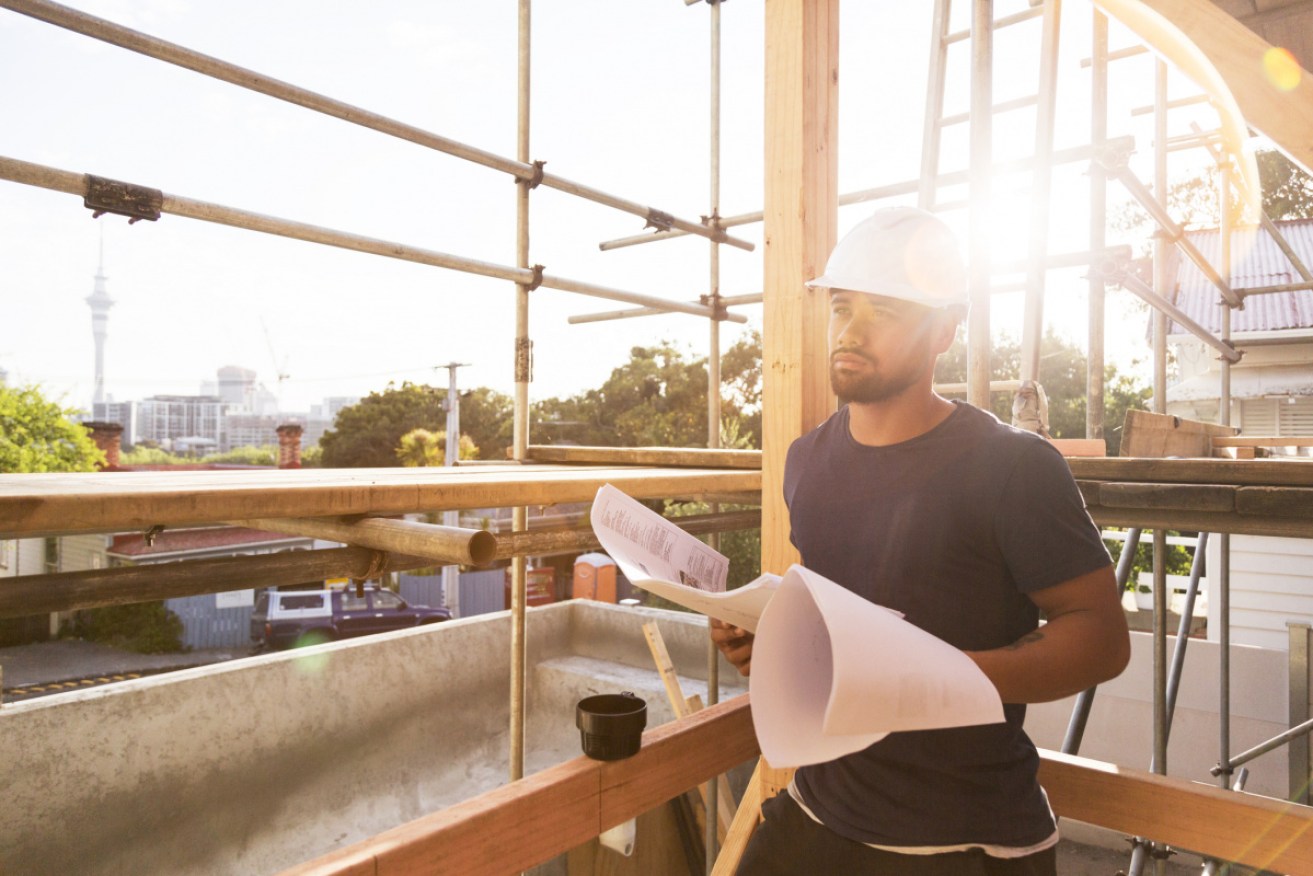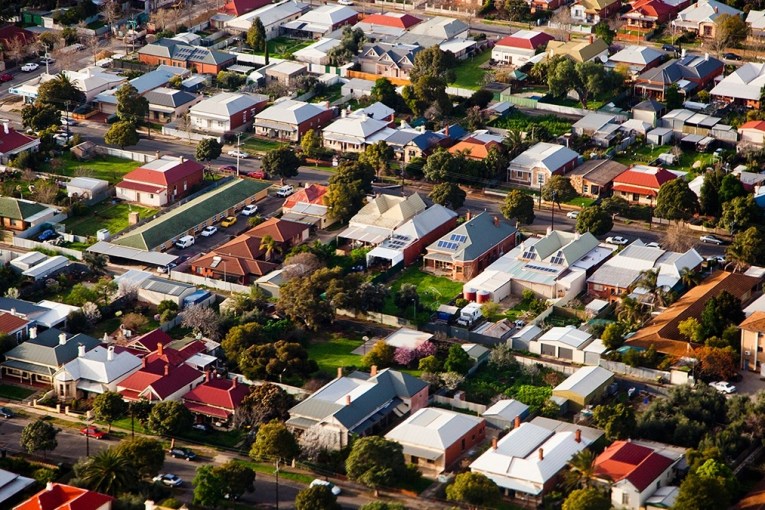New-home building approvals plunge to five-year low as bank rate hike looms


The plunge in new-home building approvals comes at a time when mortgage holders are being told to brace for rate hikes. Photo: Getty
The number of new homes being built has dropped dramatically over the past year, led by a sharp decline in apartment building.
The latest Australian Bureau of Statistics building approval figures released on Wednesday showed new dwelling approvals plunged by 18.3 per cent over the year to the end of November 2018.
The decline was led by a 31 per cent fall in apartment approvals, signalling that the apartment boom in the major cities has well and truly ended as investors abandon the cooling Sydney and Melbourne markets.
The number of detached houses being built declined by 6.3 per cent over the same 12-month period.
In seasonally adjusted terms, the number of homes being built reached a five-year low in November 2018, falling by 9.1 per cent over the month.
Housing Industry Association economist Diwa Hopkins blamed the weak results on a “credit squeeze … weighing on the home building sector”.
“HIA research has found that the time taken to gain approval for a loan to build a new home has blown out from around two weeks to more than two months,” Ms Hopkins said.
The current downturn in new home building has long been anticipated, she said, but “there is a risk it could develop more quickly and strongly than expected”.
Home loan rate hike
The news of falling building approvals comes at a time when mortgage holders are being told to brace for rate hikes, with Australia’s major banks expected to move out of cycle and hike home loans rates in response to rising funding costs.
On Tuesday, Australia’s ninth-largest mortgage lender, Bank of Queensland, became the first bank to raise home loan rates in 2019.
From Friday, BOQ will raise rates by 11-18 basis points (0.11 to 0.18 percentage points) on a range of home loans for new and existing customers.
The bank cited the cost of funding pressures and intense competition in term deposits as the reasons for the hike.
Other lenders are likely to follow BOQ’s lead, according to Sally Tindall, head of research at comparison site RateCity.
“These cost of funding pressures are affecting most banks, so it’s likely we’ll see other lenders follow suit in 2019,” she said.
“Meanwhile, the banks have lost potential customers as a result of the falling property market and the tightening of serviceability requirements, both of which are also putting pressure on their bottom line.”
While conceding that banks are “entitled to make a profit”, Ms Tindall said that customers would be disappointed with BOQ’s decision.
“A lot of household budgets are feeling the pinch after Christmas. While most families will be able to absorb this hike, some may struggle to come up with the extra cash,” she said.
Economist Stephen Koukoulas said that banks would raise mortgage rates by “10 to 15 basis points”, forecasting that the Reserve Bank of Australia would be forced to respond by cutting the official cash rate in February or March.
With banks about to hike mortgage rates by 10-15bps into a collapsing housing market, with bottom line economic growth faltering & inflation a dead duck, it's impossible to see RBA holding off a rate cut for more than a month or two. As indicated, rate cut timing now Feb or March
— Stephen Koukoulas (@TheKouk) January 9, 2019








